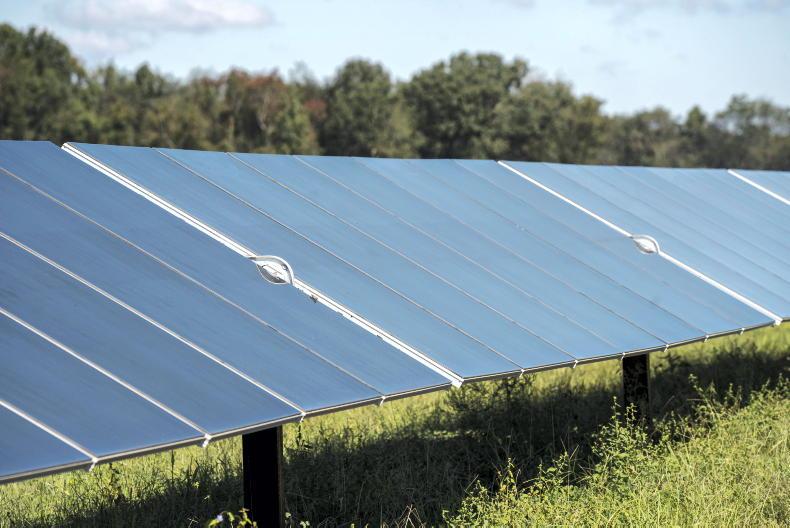Days before Christmas, news broke that UK solar and storage developer Elgin Energy is set to sell 16 Irish solar farm projects, a portfolio representing 191MW of generation capacity, to German Allianz Capital Partners.
This transaction is one of the largest solar transactions by capacity in the Irish renewable energy market to date.
The deal relates to 16 Irish projects that were purchased on behalf of Allianz Insurance Companies and other institutional investors and would likely represent a solar farm area of nearly 1,000ac.
Since then, the Irish Farmers Journal has received a number of queries from readers who have signed options agreements with solar farm developers. The readers were concerned as to what this meant for their agreements, should their own projects be sold, and if they had a say in this process.
An options agreement is a legally binding agreement, which grants the developer access to land for conducting site assessments related to surveying and planning.
By signing the options agreement, the landowner also agrees to enter into a lease agreement with the developer once certain conditions have been met, such as obtaining planning permission, grid connection, finance, etc.
According to James Staines of Staines Law, many options and lease agreements contain a clause that in the event of a sale of the project to a third party (other than a subsidiary company or lender), then prior consent of the landowner is required, but such consent cannot be unreasonably withheld or delayed.
In essence, if the party to which the option/lease agreement is to be sold or transferred to is “as good a covenant” as the existing developer, then in those circumstances the landowner will not be entitled to withhold or delay their consent.
However, not every option/lease agreement contains this term, so it is something a landowner may wish to have included if they are currently in the process of negotiating an options agreement.
Terms and conditions
In any event, once the option/lease is assigned to a new owner, then that owner effectively steps into the shoes of the original developer and is bound by the same terms and conditions that have been previously agreed with the landowner, Staines explains.
There is nothing to prevent the new tenant/grantee from seeking to renegotiate any terms and conditions, but these will have to be done with the consent of the landowner.
Staines explained that from his experience, however, he has found that where an option/lease agreement is sold by the original developer to a third party, then this can generally be regarded as good news for the landowner/farmer, as it is highly likely that the new owner will actually seek to develop and build out the development.
Involvement
Elgin Energy said they will remain involved in the realisation of the assets as a provider of construction, asset management, trading and optimisation services to the portfolio, establishing a long-term commitment to the projects.
Construction work on the sites is set to start this year, while their commissioning is expected throughout 2024 and 2025.
As many as 14 of the projects have secured contracts under the Renewable Electricity Support Scheme (RESS) 2, while the other two have secured RESS 3 contracts.
The British firm currently has a pipeline of more than 14GW across the UK, Ireland and Australia.






 This is a subscriber-only article
This is a subscriber-only article











SHARING OPTIONS: